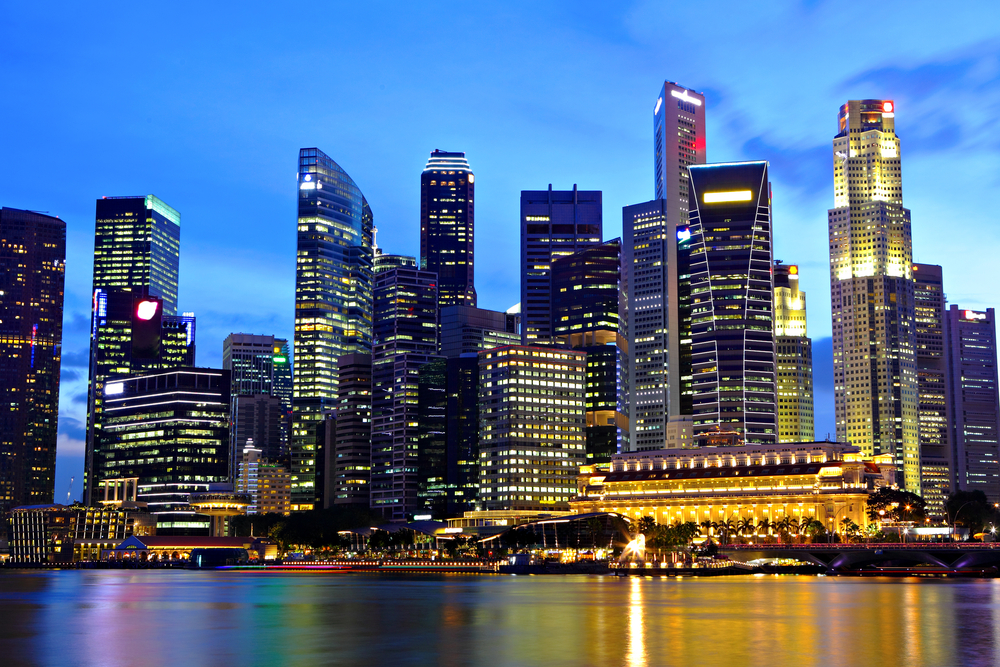Light Pollution Science

The world is beautiful when you know where to look. One place is, naturally, cities. At night they are technicolor starscapes beckoning you onward towards different sights and sounds. It is a subtle beauty, but the neon and brilliant lights do offer something soothing to the soul just as important as being alone in nature. There is also something amazing about looking down on a city from high up. It really does become a sea of stars scattered on the ground. Unfortunately, they compete with the stars above. In dense cities, like Singapore, this can mean that the stars above around drowned out by the ones below. This is due to light pollution. We’ll be discussing that this time so you have an understanding of both what it is and why a little extra light is a genuine form of pollution.
What Is It?
Think about how light works for the human eye. What we see is the light that reflects back off of something. This gives us our perception of color. Light’s reflective nature also gives us the ability to light up room more effectively. You can set up mirrors and other surfaces near a window to add an extra amount of reflected light to any room. Light pollution is taking the idea of reflected light and scaling it up. It is the reflected and broadcast light that goes back up from the ground. Light pollution is most common in areas of dense urbanization. Light pollution intensifies based on the amount of lights in a given area. Low level light pollution can obscure finer details of the night sky, but powerful light pollution can make all but the brightest objects in the sky invisible to the naked eye.
Why Is This A Problem?
All the light actually has a very telling human impact. We like lighting. It makes us feel safer when we move through the dark. After all, we want to see any dangers coming, right? Studies are increasingly showing that lighting doesn’t actually discourage criminal behaviors at night. In fact, streetlights can actually lead to worse lighting conditions than usual that actually make criminal behavior easier. We do need light to see, but doing it badly is putting as in more danger. Additionally, constant lighting is playing a part in our decreasing health in the modern era. People are having more difficulty getting enough sleep. This is because of the light we flood the world with and the impact it has on our sleep cycles. Our body isn’t as modern as we are and tend to look to light levels to help guide its natural rhythms. With that in mind, the ready availableness of light from all angles is actually part of our sleep loss.
The Cost to the Planet
All the lights come with a less personal cost that we’ll all feel eventually too. It takes power to run all those lights and that means we need to produce yet more power to run them. Power production, despite valiant efforts on the part of advocates, have yet to become truly green. The money to refine green energy sources is also seldom available. As a result, more lights means more pollution to impact the environment over time and hurting us all. The lights also pose a particular danger to ecosystems. Animals are adapted to a particular way of things with light levels being key to their hunting, foraging, and breeding behaviors. Light pollution throws all of these off and can impact both our food sources and the general biodiversity of the planet.
Light pollution is a big problem for reasons other than making it difficult to appreciate the natural beauty of the night sky. The excess light is actually hurting our health and safety in ways that it is hard to see without looking at all the data. It also negatively impacts other species and is helping to accelerate our environmental impact on the planet. The best thing we can do is learn to turn the lights off more and advocate for more contained local lighting. With luck, we’ll be able to reclaim natural beauty and health without sacrificing a sense of safety.

